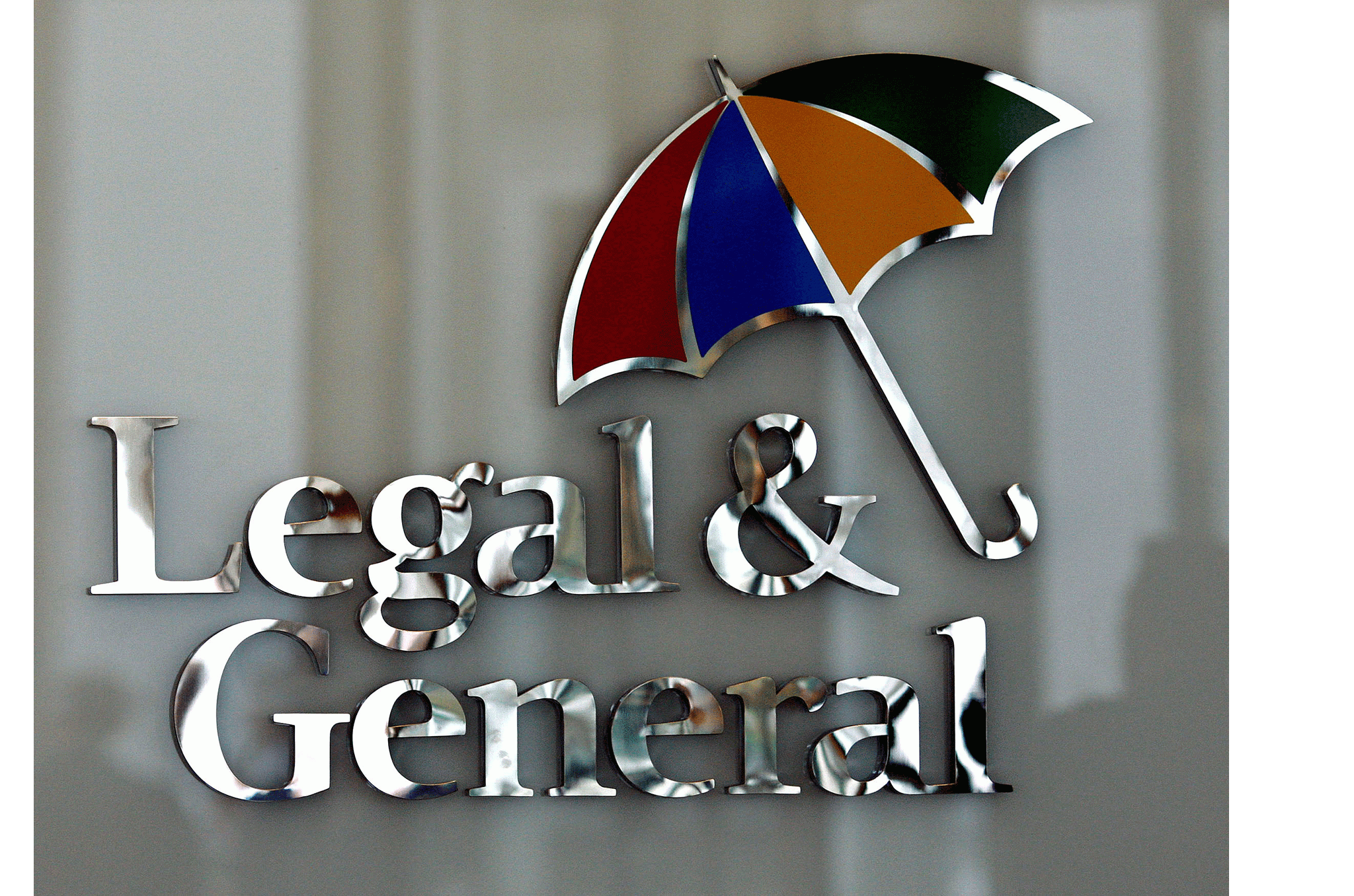L&G calls out 11 companies over climate crisis, but is it enough?
The firms will be barred from the asset manager’s Future World range and it will use its voting clout against their boards

With more than £1 trillion under management, Legal & General Investment Management (LGIM) has global clout. As such, its decision to publicly slap down 11 international companies over climate change matters.
The asset manager has a particular specialism in funds that passively track stock market indices, so it can’t avoid investing in them, although they will not be eligible for its £5bn Future World range. However, it can, and says it will, use its voting clout in opposition to the motions their boards submit.
Companies intensely dislike it when big blue chip investors publicly oppose and vote against them. Not only does it generate negative publicity they’d rather avoid, it also causes them to fret over the impact such activism might have when it comes to activities such as dealmaking or fundraising, both of which can get contentious.
So the move will have an impact, and at least some of the the investment and public relations teams at (drum roll, please) China Construction Bank, Rosneft Oil, Japan Post Holdings, Subaru, Loblaw, Sysco Corporation, ExxonMobil Corporation, Hormel Foods, Kroger, Metlife and the Korea Electric Power Corporation may consider it wise to turn up to work today armed with headache pills as a result.
Is this going to be enough to save a planet that we are in the process of turning into a boiler room? LGIM insists it can help. It says it hasn’t just engaged with the companies it has called out over the issue. It has held talks with 82 of them since its “Climate Impact Pledge” was introduced in 2016, and it maintains that the pressure it has brought to bear has yielded positive change.
Two of those previously on its naughty list – Occidental Petroleum and Dominion Energy – have also been taken off because, the investor says, their policies and behaviour has improved. Environmental campaigners may raise an eyebrow or two given the sector they operate in. They would also tell you that the scale of the climate crisis requires much more radical action than is being taken at the moment across the board, and with some justification.
The drumbeat of scientific reports about what we face as a result of the crisis grows louder by the day. Yet at least LGIM is alive to the issue. There are many more fund managers who still treat it as an irrelevance to their activities, even though it will inevitably bite them in the end, because it’s going to bite all of us.
It’s always worth pointing the climate monkeys of the business world to the insurance industry, which has for some time now been issuing dire warnings about the impact of climate change on its business and on the premiums it charges and the types of cover it will in future be able to offer.
Even with that, the message still seems to have to work its way through thick deposits of boardroom ear wax to get heard, especially in the US where five of the 11 named and shamed are from.
However, while we’re going to need more than the famous brolly of LGIM’s parent company to shelter under as the crisis develops, its activity in this area can only help – so it’s worthy of commendation, even if it probably does need to go in harder still.
Join our commenting forum
Join thought-provoking conversations, follow other Independent readers and see their replies
Comments